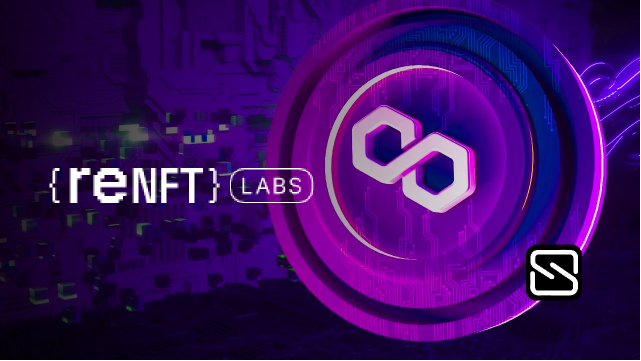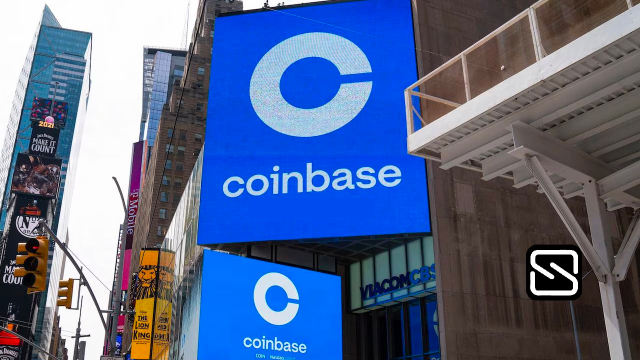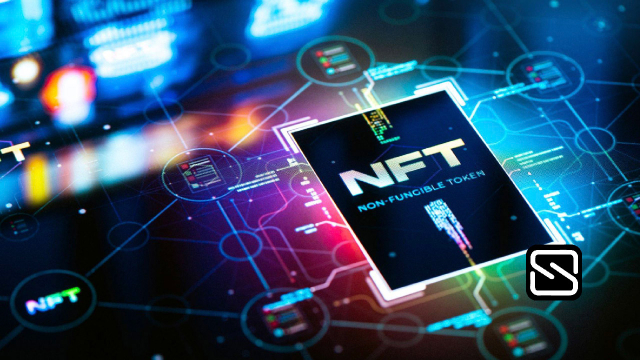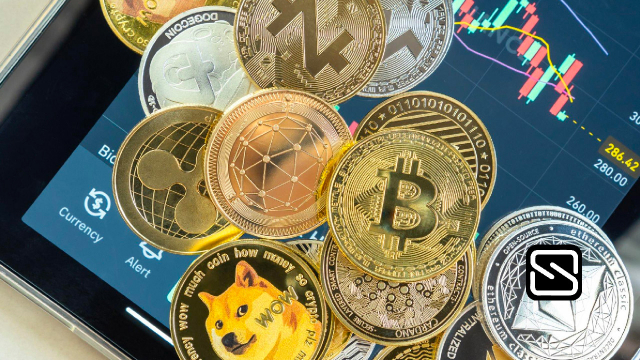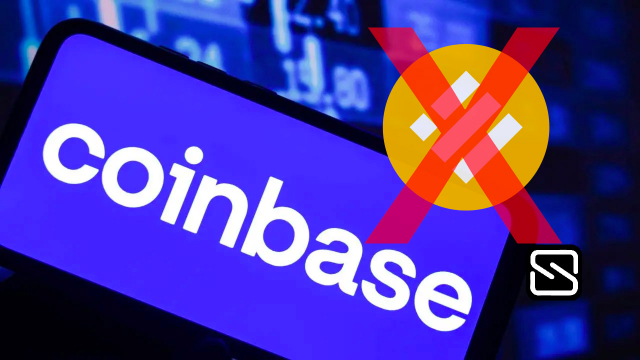In order to provide its customers with lightning-fast Bitcoin payments, Xapo Bank, a prominent Bitcoin custodian, and licensed private bank, partnered with Lightspark and integrated with the Lightning Network. Members of Xapo Bank can now instantly pay for small purchases up to $100 USD at any merchant that accepts Lightning payments without having to pay high transaction fees or wait a long time for blockchain confirmation. Xapo Bank, which supports bitcoin as the most reliable cryptocurrency in the world, also provides an annual interest rate of 4.1% on US dollars and will soon be able to offer up to 1% on bitcoin, divided over the course of the year and paid out daily.
Millions of transactions can be made every second across the network thanks to the Lightning Network. This integration will lessen the time-consuming and expensive issues that frequently arise for users who pay for small Bitcoin transactions. With its aim of becoming the largest Lightning node and offering nearly instantaneous Bitcoin payments, Xapo Bank will be the first fully authorized private bank to add a large number of new users to the network.
Seamus Rocca, CEO of Xapo Bank said, “The average transaction confirmation time of one hour combined with potentially large fees during periods of high usage make the Bitcoin network unsuitable for small daily payments such as groceries. By integrating with the hyper-efficient Lightning Network, we are the first bank in the world to streamline this process and allow our members to pay for small purchases with Bitcoin without having to convert to USD first.”
He added, “Against a backdrop of hyperinflation, economic uncertainty and political turmoil, we are entering a world where digital money is ubiquitous, and we need integrations like this that open up access to Bitcoin payments. We are bringing together the benefits of fast, cost-efficient, and global Bitcoin payments with the security, privacy, and flexibility unmatched in the traditional banking industry.”
One of the most reputable custodians in the market and the first institutional Bitcoin holder when it was founded in 2013, Xapo offers users a safe place to store and use their Bitcoin. Being transformed into Xapo Bank, it was the first cryptocurrency company in the world to obtain a banking license. Since then, it has increased the range of services it offers by adding interest-bearing accounts for both USD and BTC, as well as other conventional banking services. At Xapo Bank, unlike other financial services companies, customers fully own and control their Bitcoin, enabling them to directly receive, hold, and send it.
“We’re thrilled to enable the first bank on the Lightning Network to offer instant, affordable Bitcoin payments to its customers,” said David Marcus, CEO and Co-Founder of Lightspark. One of our very first closed beta testers was Xapo, and we’re thrilled that they selected Lightspark’s enterprise-grade solution to securely send and receive payments on the Lightning Network without the usual complexity and operational burden of running a node. We look forward to talking more about our solution in the months to come.”
Members of Xapo Bank must have Bitcoin stored in the Xapo Bank App in order to make payments over the Lightning Network. Following that, they can simply scan an invoice and make a payment at any business that takes Lightning Network payments. Each transaction on the network is subject to a very small fee, typically a few Satoshis. In order to shield members from completing transactions with high fees, Xapo Bank has set a fixed payment fee for SAT 15 (less than $0.01 USD as of February 24th).
According to Xapo Bank Chairman Wences Casares, “We believe that Bitcoin is the future of money, and we are committed to assisting our members in navigating this new financial environment. By expanding our services to include instant Bitcoin transfers, we can offer our members better usability and ultimately grow the cryptocurrency that many of our members rely on.”

